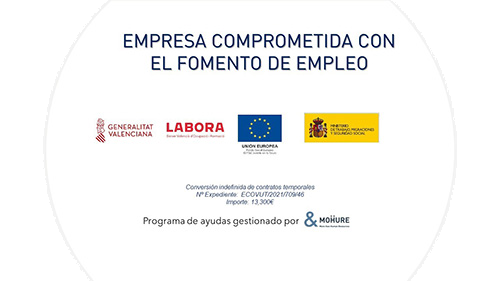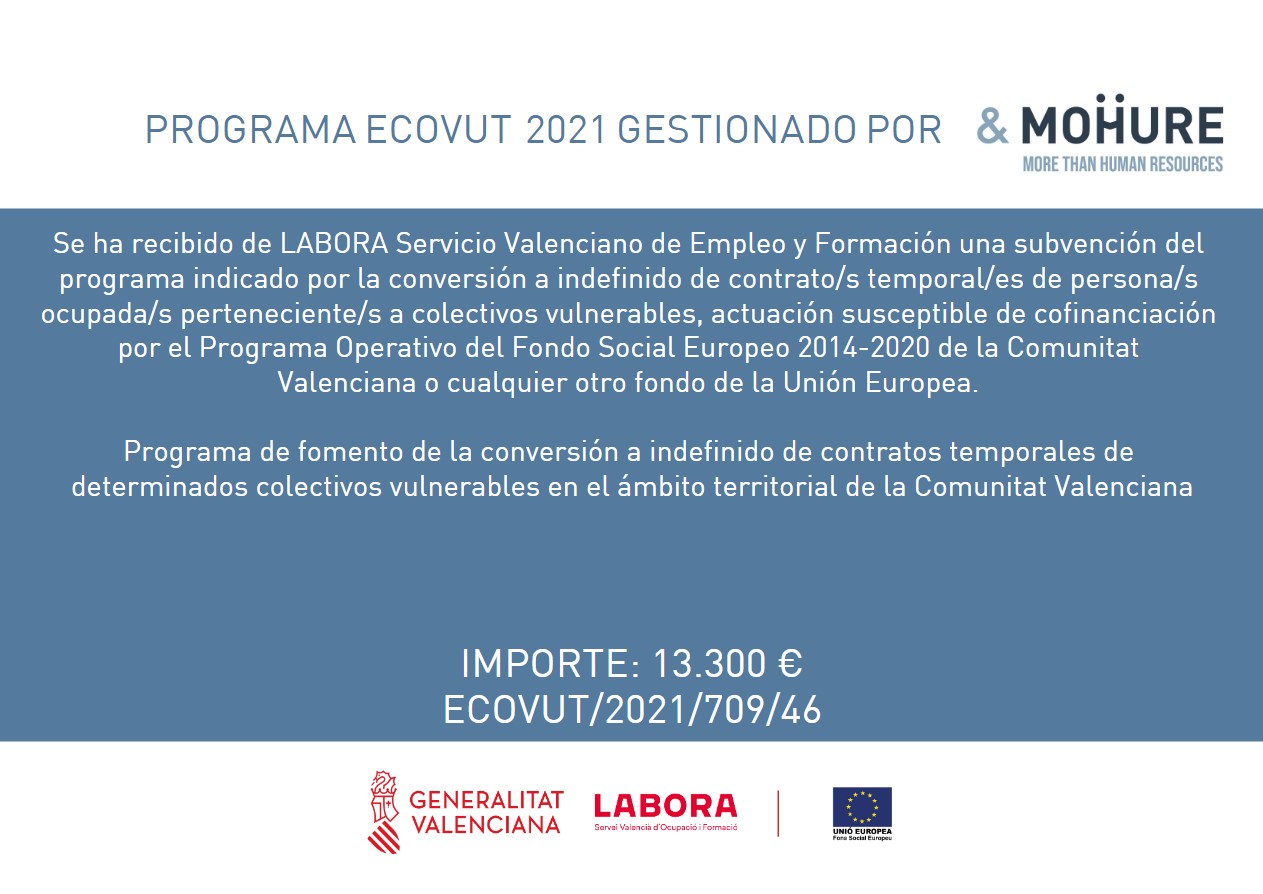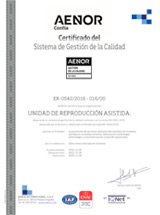Juan Manuel Moreno will coordinate a cast of experts who will participate in this program organized by the Chair of Reproductive Biomedicine of the Miguel Hernández University
 Reproduction and Genetics Units Vistahermosa have been training specialists for almost 20 years through the Chair of Clinical Reproductive Biomedicine Vistahermosa, the result of a joint collaboration with the Universidad Miguel Hernández de Alicante.
Reproduction and Genetics Units Vistahermosa have been training specialists for almost 20 years through the Chair of Clinical Reproductive Biomedicine Vistahermosa, the result of a joint collaboration with the Universidad Miguel Hernández de Alicante.
“Embryology is a fundamental pillar in the development of Human Reproductive Medicine, a field in which new procedures and technical innovations arise continuously in order to improve the results in the laboratory; That is why we consider it essential to gather all that knowledge and transmit it through an online course, “explains Juan Manuel Moreno, head of the Laboratory of the Reproduction Unit Vistahermosa and director of the 1st Online Course of Reproductive Embryology organized by the Chair of Reproductive Biomedicine of the Miguel Hernández University.
“With the knowledge that is going to be imparted in this program, we make available to registered participants our experience explained in a clear, simple and rigorous way through professional experts of national and international reference”, underlines the embryologist.
According to Moreno, the objective of the course is to cover all aspects of Clinical Embryology organized in four blocks: general aspects, laboratory of Andrology, laboratory of Embryology and laboratory of Cryobiology.
In the first one the fundamental phases of assisted human reproduction will be studied and the resources and quality controls necessary for the laboratories will be evaluated: gametogenesis; fertilization and early embryonic development; concept and techniques of assisted reproduction; clinical aspects of in vitro fertilization and internal and external quality control in the Embryology laboratory.
The second block will focus on all the procedures that will be performed in an andrology laboratory, from a basic seminogram to the most sophisticated technique of semen study and treatment.
The following will present current knowledge in all the processes and techniques performed in the embryology laboratory, as well as a detailed and critical study on new technologies that are being incorporated into daily practice: in vitro fertilization, complementary micromanipulation techniques, morphokinetics of the embryo; environmental conditions and nutritional needs of the embryo during its in vitro culture and the role of metabolomics in the field of reproductive biomedicine.
The last block is focused on the cryobiology laboratory to learn how to obtain and preserve gametes and embryos: cryopreservation biology;  sperm freezing; oocyte freezing; cryopreservation of embryos and preservation of fertility.
sperm freezing; oocyte freezing; cryopreservation of embryos and preservation of fertility.
The 20-hour online program will be run through the EdX virtual platform of the Miguel Hernández University (genx.edx.umh.es) from October 2 to December 11. Those interested in registering should make an application by email to infogenx@umh.es, including name and surname, address, title, contact telephone number and email address. The application deadline will close on October 6. Students who pass the exam will receive a certificate from the Universidad Miguel Hernández.










